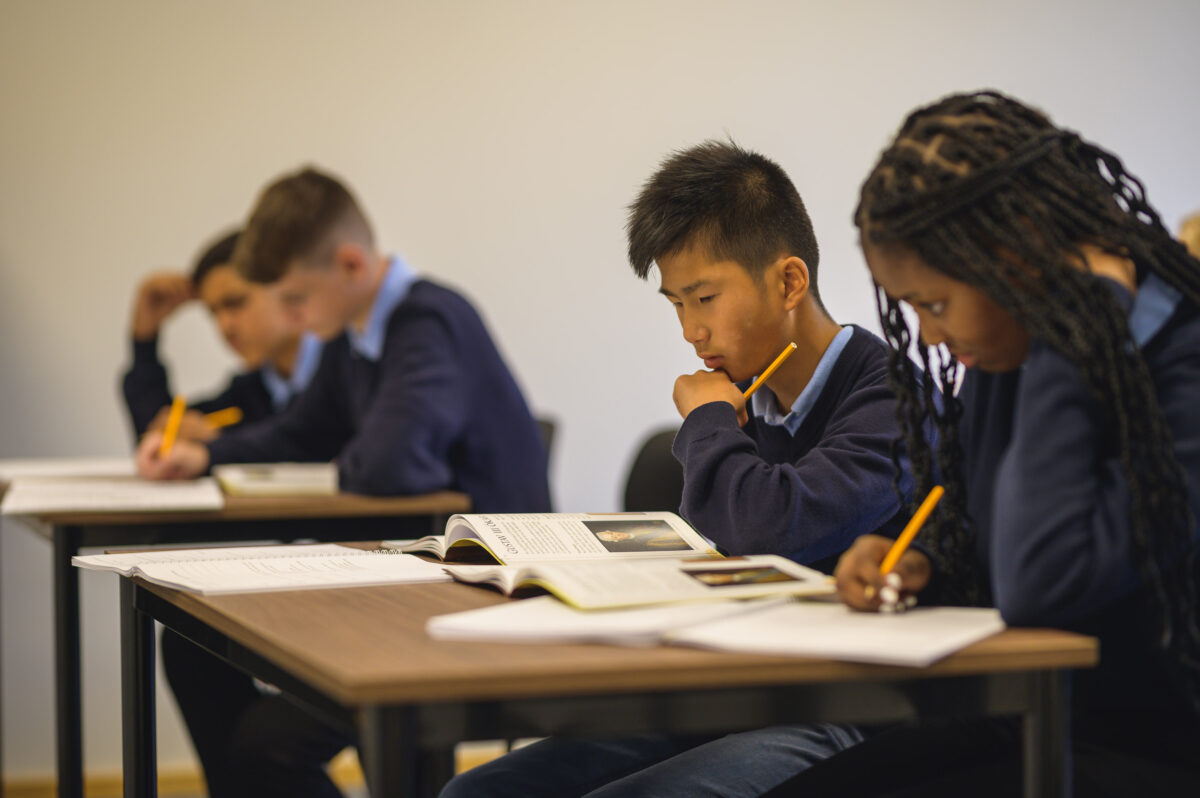Minority languages
The national minorities of Sweden are the Sami, the Swedish Finns, the Tornedalers, the Roma and the Jews. The minority languages are Sami, Finnish, Romany Chib and Yiddish. Every person has the right to decide if he or she belongs to one or more of the national minorities.
In upper-secondary school, the rules and exceptions applying to mother-tongue tuition in the national-minority languages are the same as in compulsory school, with the exception that a student in upper-secondary school also needs to have extensive knowledge in their mother tongue to be entitled to instruction. In upper-secondary school, mother-tongue tuition can be arranged as an elective, as part of an extension to the student’s study programme, or as a replacement for other language instruction (with the exception of instruction in English and Swedish).
The Education Act (2010:800) contains fundamental rules regarding organisers’ responsibility to offer mother-tongue tuition for students in upper-secondary school and in upper-secondary school for students with learning disabilities. The regulations in the Education Act are complemented by the Upper-secondary School Ordinance (2010:2039).
In compulsory school, a student is entitled to mother-tongue tuition if one or both of their guardians speak a native language other than Swedish, and if that language is a language of daily interaction for the student. If a student belongs to a national minority, mother-tongue tuition should be offered regardless of whether or not the language in question is the language of daily interaction at home. However, the student should have basic knowledge of that language to be entitled to mother-tongue tuition. If the student’s knowledge of the language is in doubt, the principal should carry out necessary checks. An organiser is required to offer mother-tongue tuition if a suitable teacher is available, as decided by the principal. Furthermore, a minimum of five eligible students in the municipality or with the independent organiser must want instruction in the language. Yet the organiser is required to arrange mother-tongue tuition in Sami, Finnish, Meänkieli, Romany Chib and Yiddisch, even if there are fewer than five students who want instruction in each respective language.
Mother-tongue tuition can be arranged as a language elective, student elective, school elective, or outside regular instructional hours. A student is not allowed to receive mother-tongue tuition in more than one language. However, a foreign Roma student may be entitled to mother-tongue tuition in two languages, if there are special circumstances.
Mother-tongue tuition outside of regular instructional hours may be limited to a maximum of seven school years, unless the student is in special need of such tuition. This cap does not apply to mother-tongue tuition in Sami, Finnish, Meänkieli, Romany Chib, Yiddisch, or a Nordic language.
For mother-tongue tuition in Sami, the curriculum for Sami that applies in the Sami school should be used.
The Education Act (2010:800) governs mother-tongue tuition in compulsory education, compulsory education for pupils with learning disabilities, compulsory special needs education, and the Sami school. The Compulsory School Ordinance (2011:185) complements the Education Act’s regulations regarding mother-tongue tuition.

National-minority language as a language choice
There are separate curricula for mother-tongue tuition, modern languages, and Sami. Students without basic knowledge of their national-minority language have the opportunity to study the language according to the curriculum used in modern languages and begin at a level that is appropriate given their prior knowledge.

The right to study counselling
If needed, a student in upper-secondary school has the right to study counselling in their mother tongue. The principal is responsible for providing such support.
According to the Education Act (2010:800), study counselling in a student’s mother tongue may be provided as a “special support” intervention. This is also stipulated in the Compulsory School Ordinance (2011:185) and the Upper-secondary School Ordinance (2010:2039).


